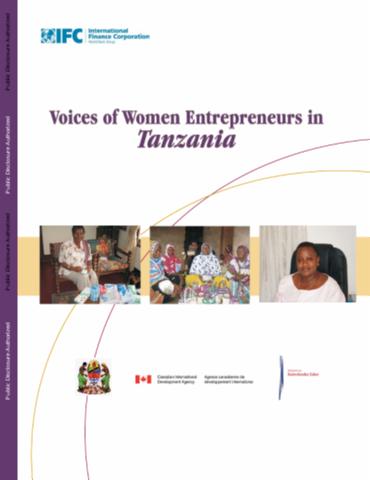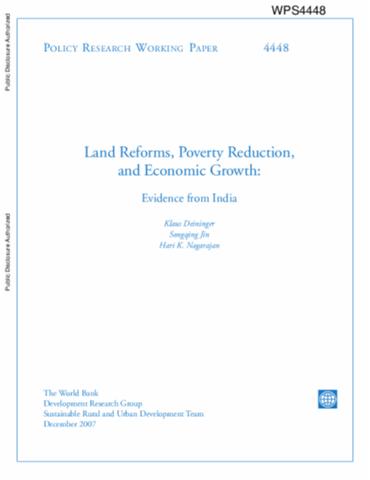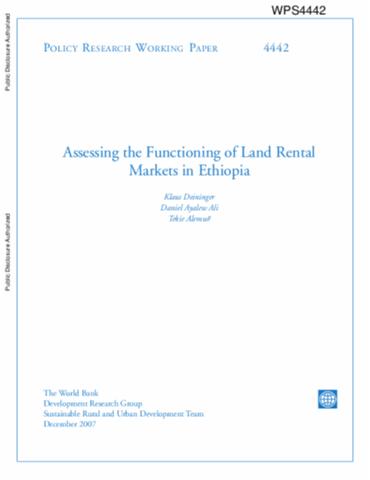Women and the right to food international law and state practice
Because of their lower social and economic status, as well as physiological needs, women are often more vulnerable to nutritional problems. When it comes to sharing food resources in the home, women and girls can lose out. Indeed, the full realisation of the right to food for women depends on parallel achievements in the right to health, education, access to information and access to resources such as land.










